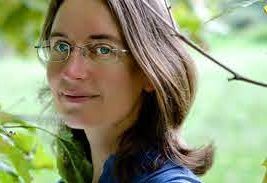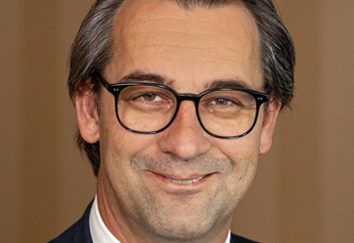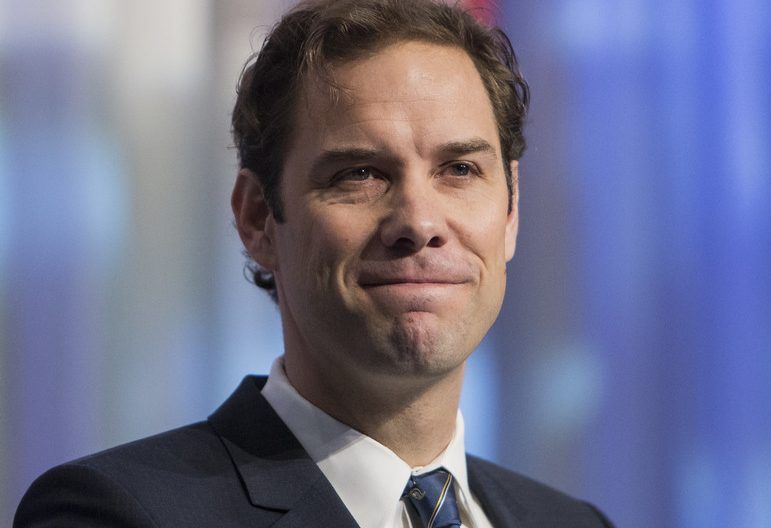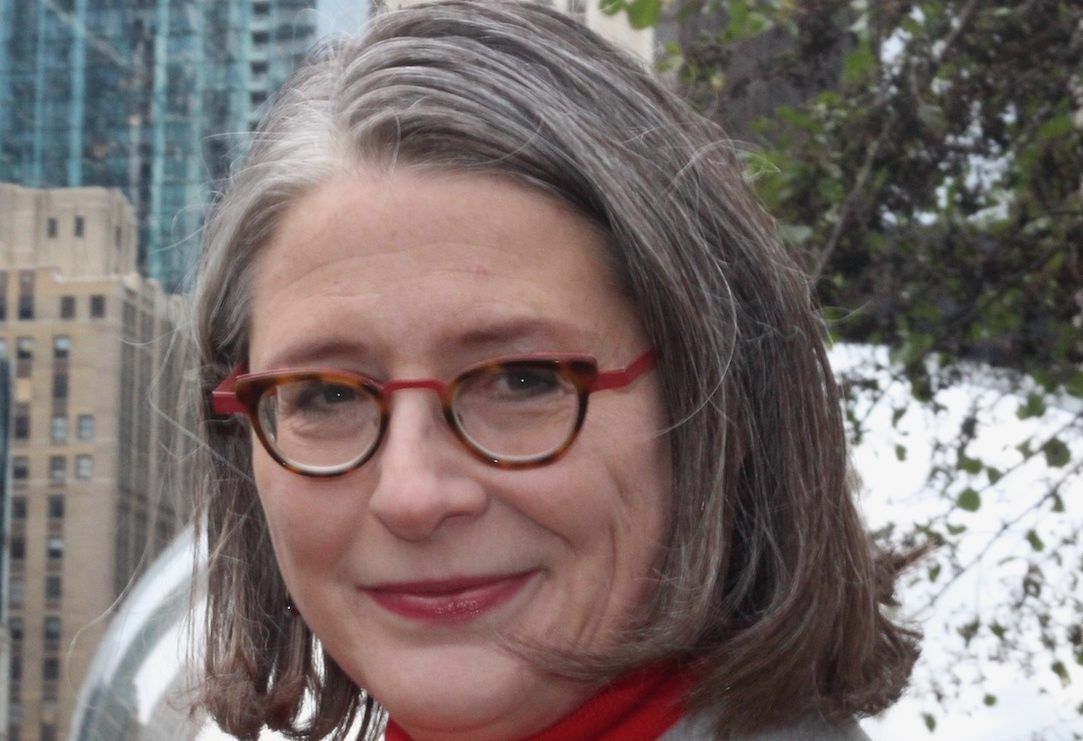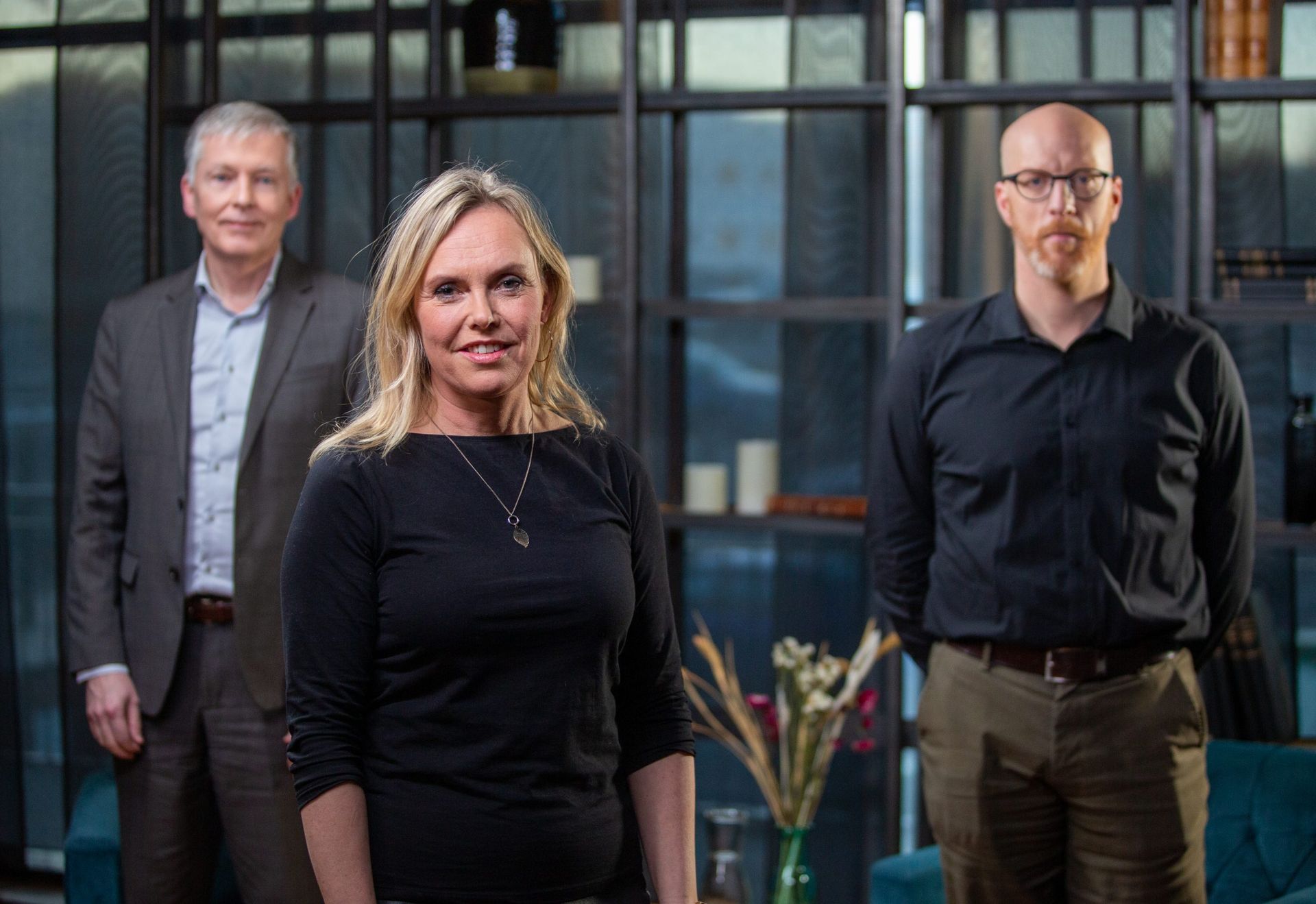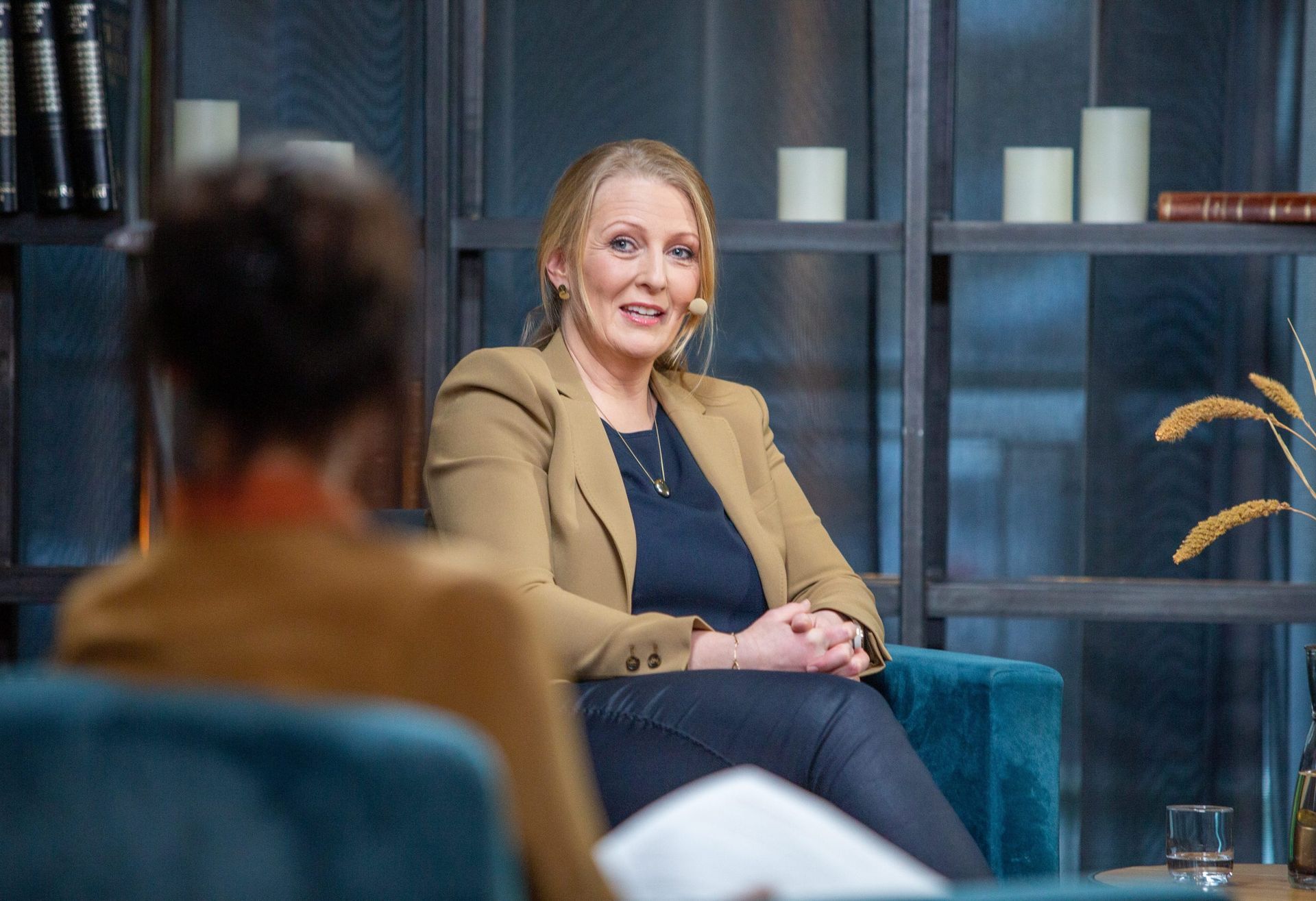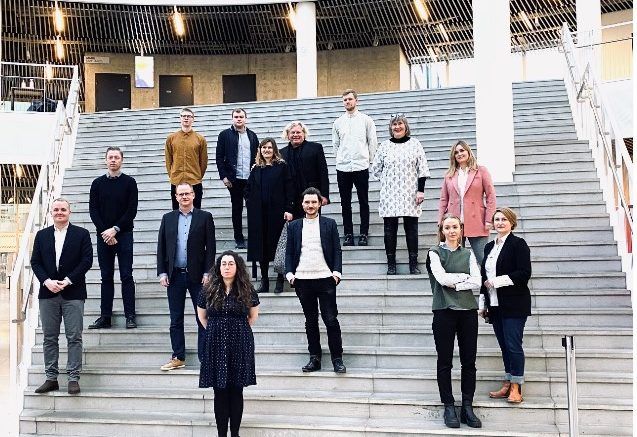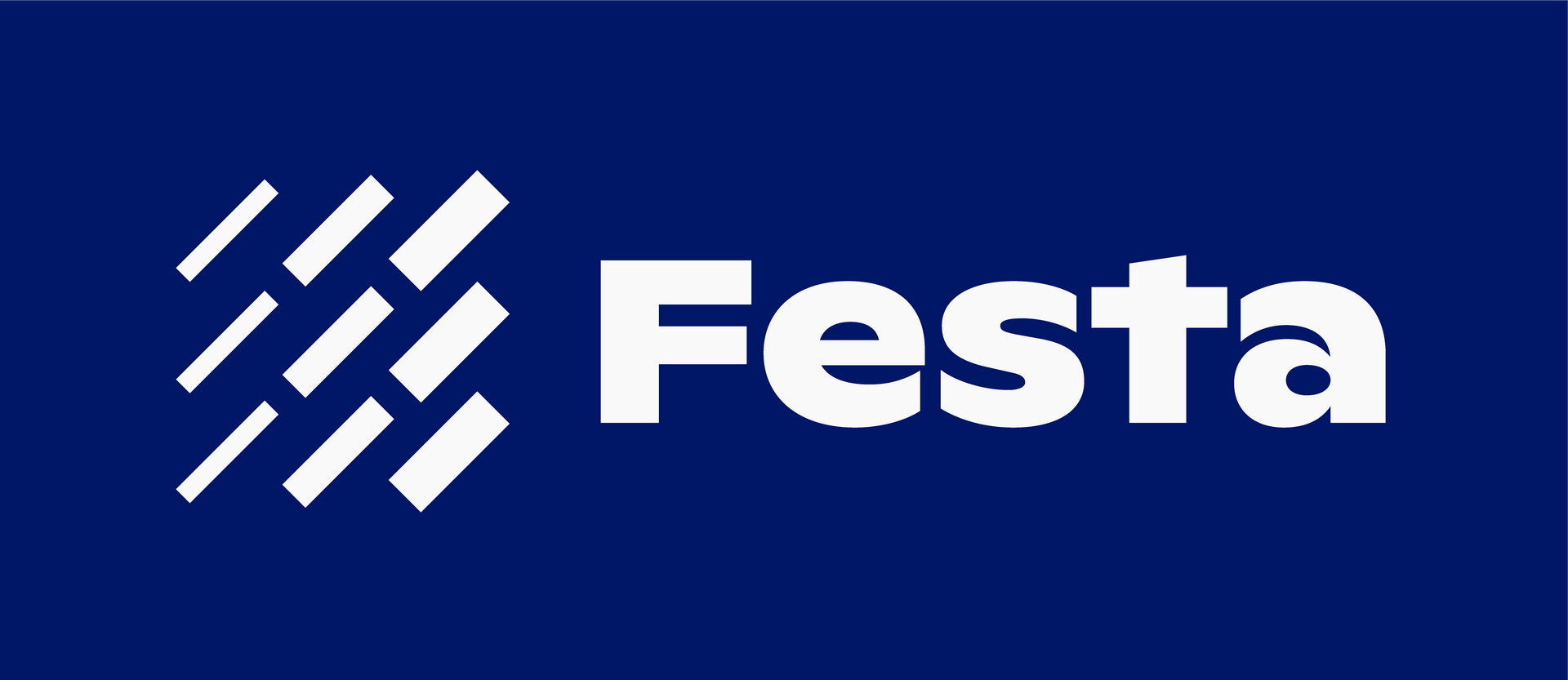January 28, 2021
Upptökur frá Janúarráðstefnu Festu 2021 má nálgast hér:
The conference as a whole
The conference has been cut down, here you can access each program item individually in a separate video clip
The title of Festa's January conference this year was New Beginnings – The Great Reset, which is also the name of the World Economic Forum's initiative focusing on sustainable development of societies and international cooperation in the wake of the global pandemic. At the conference, we considered what a New Beginning means for Icelandic society, business, investment and politics. The message is that now is a unique opportunity to make a New Beginning, but it is not a given that we will seize it. It was clear that time is short. We asked: What is needed?
The conference was held electronically and recordings are now available, but over 3,000 people watched the live broadcast of the conference.
English presentations are with Icelandic subtitles. Festa's January 2021 conference sponsors were: Landsbankinn, Íslandsbanki, Landsvirkjun, Vörður tryggingar and the Swedish Embassy in Iceland. Without their support, the conference would not have been as successful and, in fact, open to all free of charge. Festa is very grateful to its sponsors and it is clear from the registration and viewing figures that interest in sustainability is very high.
The keynote presentations were delivered by a select group of international leaders in the field of sustainability: Halla Tómasdóttir, Nicole Schwab, Michele Wucker, Sasja Beslik, and John McArthur.
Emphasis on the importance of long-term strategy and measurable goals, changes in attitudes and that finance is a key driving force in the New Beginning was evident in the presentations and panel discussions. Short-term thinking, which is manifested, for example, in the view that quarterly results best describe the performance of managers and companies, needs to be reviewed and performance measurement based on scientific and measurable sustainability goals for the long term. The connection between sustainable operations, resilience, adaptability and continuous innovation in companies was also clearly demonstrated at the conference. The importance of innovation in administration and in public institutions was also underlined. The importance of fruitful dialogue and collaboration between companies and authorities was not overlooked. It was emphasized that we give ourselves the space and time to part with what does not serve sustainable goals, have the courage to redesign or create new systems, products and services, in the New Beginning.
Festa thanks everyone who came forward, participated in discussions, and worked with us to make the conference happen.
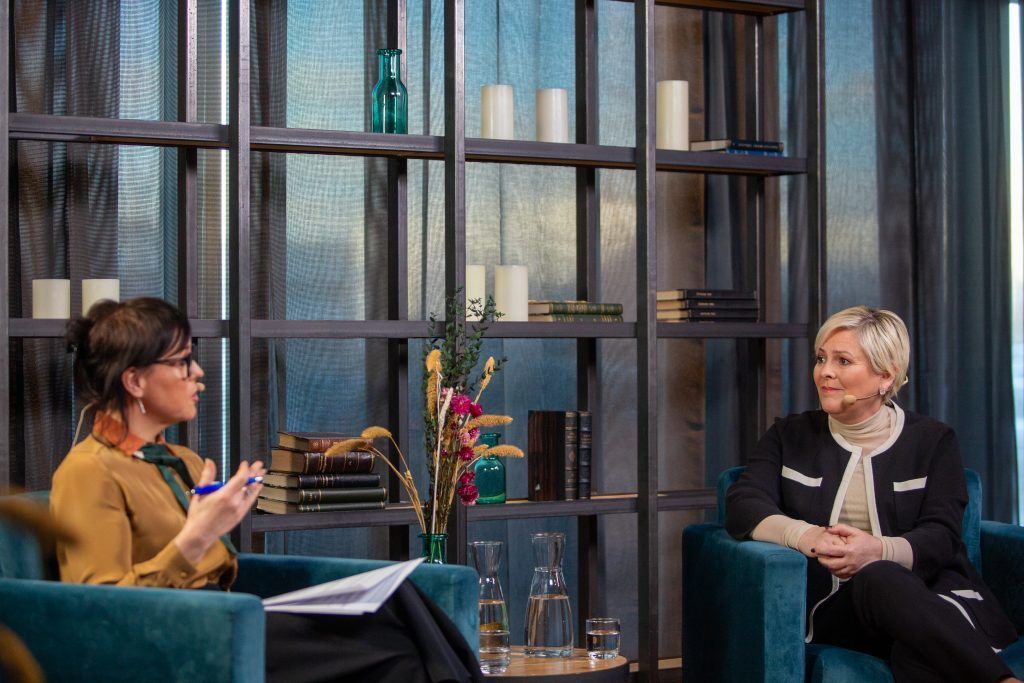
Halla Tómasdóttir, CEO of B Team and Hrund Gunnsteinsdóttir, CEO of Festa
Halla Tómasdóttir forstjóri B Team setti fram fyrir okkur þrjá þætti sem nauðsynlegt væri að fyrirtæki hugi að í Nýju upphafi: langtímahugsun, mælanleg markmið tengd sjálfbærni og viðhorfsbreytingar. Það er hlutverk fyrirtæki að skapa virði fyrir alla hagaðila. Halla talaði þá um mikilvægi þess að við sjáum öll okkar hlutverk sem leiðtogar. – Leiðtogar sem móta framtíðina eins og við viljum sjá hana – leiðtogar sem sem þjóna heildinni.
John McArthur, Director of the Center for Sustainable Development at the Brookings Institution, emphasized the role of the SDGs in his speech; “The UN SDGs are a beacon to help us navigate this fog, to help us get out of this crisis and into a better place.” He also said that it is important to work with young people to hone their skills to make the decisions today that their generation will rely on.
Michele Wucker, best-selling author and CEO of The Gray Rhino & Company, spoke about the huge, largely ignored challenges we face – what she calls the gray rhino. There is enormous value in addressing challenges like climate change and global inequality while they are relatively 'baby rhinos', rather than waiting for these challenges to grow into large rhinos and become unmanageable and extremely costly.
Nicole Schwab, Executive Director of Nature Based Solutions at the World Economic Forum, urged conference attendees to work towards carbon-neutral, nature-positive economies. She told us that the World Economic Forum’s 2020 Risk Report outlined that the top five risks facing businesses and societies are all related to the environment.
Sasja Beslik, who has worked in the field of sustainable investment for years, suggested that it is necessary to draw up a new social contract between financial institutions and society. Although the world's companies have a long way to go when it comes to averting the climate crisis, we have reached a point where international investors are now looking for sustainable investment options like never before.
Hrund Gunnsteinsdóttir, CEO of Festa, led the meeting and panel discussions.
Nicole Schwab and Sasja Beslik
John McArthur and Michele Wucker
"The United Nations' Global Goals are a beacon to navigate our way out of this fog, helping us out of the crisis and into a better place. Certain road signs that can help so many, each in their own place, to deal with the crisis, whether it is economic, social or environmental."
Leaders from Icelandic business participated in a panel discussion about the New Beginning in the Icelandic context.
As in the keynote presentations, the common thread was connected to thinking long-term and the importance of companies setting transparent and measurable goals.
Minister of Innovation Þórdís Kolbrún R. Gylfadóttir emphasized the importance of strong public-private partnerships and that the pandemic has reminded us of the value of having strong, outstanding companies here. She also said that such partnerships are the foundation of innovation and a sustainable future.
Árni Oddur Þórðarson, CEO of Marel, said that innovation with sustainability as a guiding principle is key to the success, resilience and profitability of companies. “Innovation should be a constant goal, it must not be reduced even if profitability temporarily declines,” Árni Oddur further said. Georg Lúðvíksson, CEO of Meniga, spoke about the importance of thinking on the basis of sustainability and being ready with a product when there is demand in the market, and Meniga’s latest product is an example of this, as it helps users of World Bank to measure their carbon footprint.
Lilja B. Einasdóttir, bankastjóri Landsbankans, lagði áherslu á það að fyrirtæki sem setja sér skýr markmið þegar kemur að sjálfbærni verði þau fyrirtæki sem munu ná langtíma árangri, önnur verði útundan. Stefanía G Halldórsdóttir frá Eyrir Venture Management tók undir þetta og sagði að nú væri tíminn fyrir fjárfestingarsjóði til að byggja upp eignasöfn sem fjárfesta í sjálfbærum fyrirtækjum, þetta megi ekki liggja bara á yfirborðinu. Jón L. Árnason framkvæmdarstjóri lífeyrissjóðins Lífsverks sem tók svo til orða að hans sjóðsfélagar séu ekki að leita eftir auka þúsund kalli í umslagði ef fórnarkostnaðurinn er að jörðin sé lögð í rúst.
We need to have the courage to discuss these issues, no matter where we are on the journey, said Birna Einarsdóttir, CEO of Íslandsbanki – we should take on the role of cheerleader when it comes to sustainability. We need to let go of skepticism in public-private partnerships and remember that we are in this together. Hrund Rudolfsdóttir, CEO of Veritas, suggested that in the fight against Covid, we have not only realized how vulnerable we are, we have also realized how strong and quick we can be to change the things we want. But we need to work consciously to maintain the positive changes we have achieved through the pandemic, otherwise we will fall into the same trap, said Hjálmar Gíslason, CEO of Grid, and then also emphasized that we are activating the international cooperation and the scientific approach that has benefited us in the fight against Covid, in the fight against climate change.
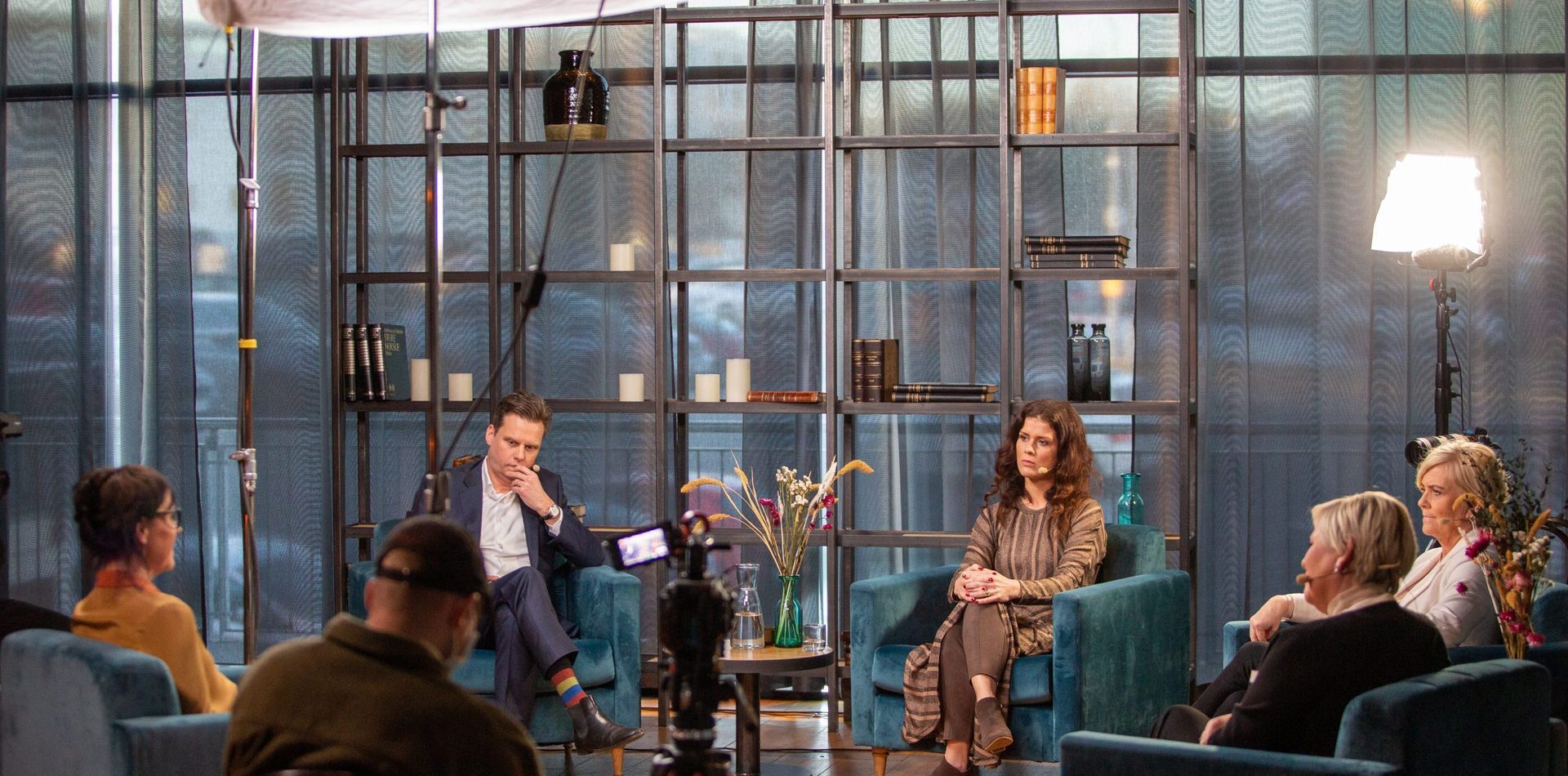
Panelumræður þar sem leiðtogar úr íslensku atvinnulífu ræða hið Nýja upphaf
"CEOs should know their companies' carbon footprint even as they know EBITA"
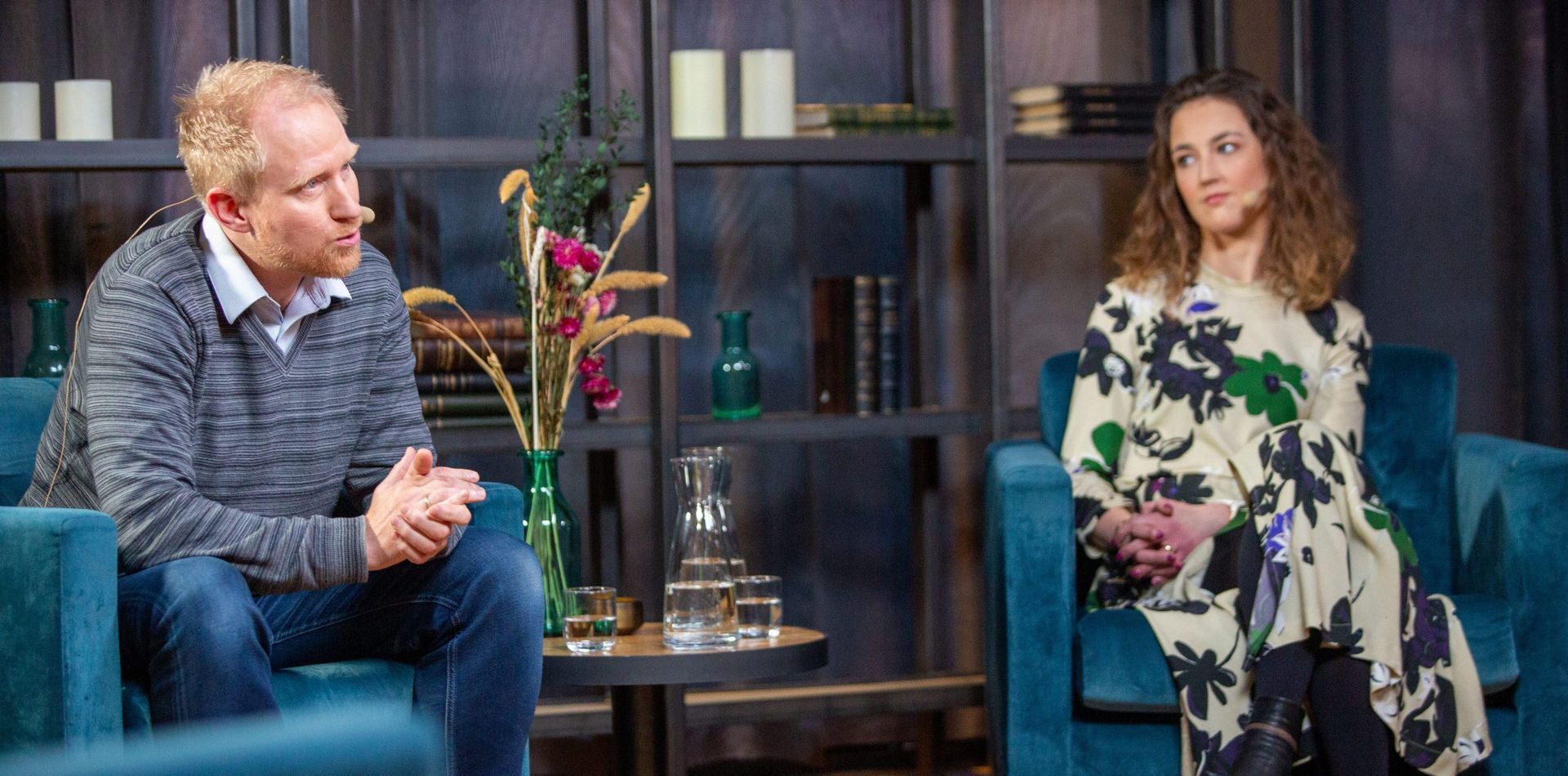
Georg Lúðvíksson, CEO of Meniga, Rakel Eva Sævarsdóttir, Project Manager at Deloitte, Aðildi Festa 2021, and Hrund Rudolfsdóttir, CEO of Veritas
"Innovation should be a constant goal of companies, it must not be reduced even if profits temporarily decline"
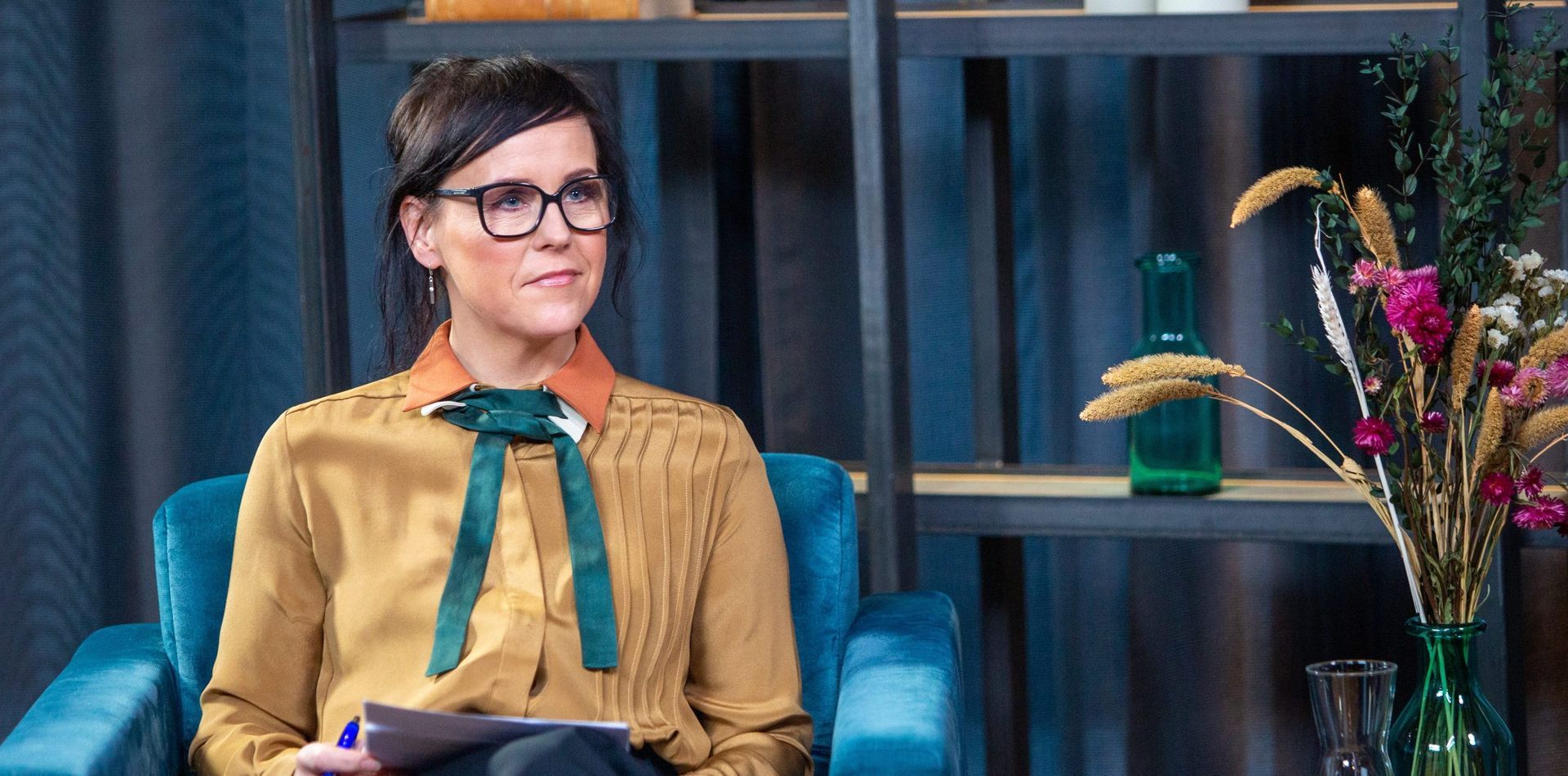
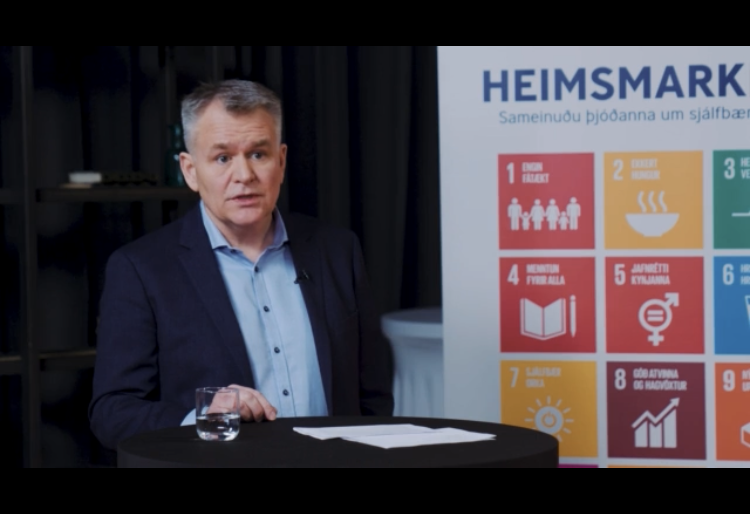
The conference celebrated the milestone of 10 years since the founding of Festa. Tómas N. Möller and Hrund Gunnsteinsdóttir reviewed the past 10 years and looked ahead to the next 10 years in their presentations.
„Þegar Festa var stofnuð var megin verkefnið að sannfæra fyrirtæki og fjárfesta um virði samfélagsábyrgðar og sjálfbærni í rekstri og almennt að fræða atvinnulífið og almenning um hvað þessi hugtök fela í sér. Að útskýra að samfélagsábyrgð fjallaði ekki bara um að láta gott af sér leiða í gegnum góðgerðarstarf og styrki. Að samfélagsábyrgð og sjálfbærni fjallaði ekki um það hvernig fyrirtæki eyða peningum, heldur hvernig þau skapa verðmæti, ekki bara fyrir hluthafa heldur líka starfsfólk, frá framleiðslu vöru til sölu, nærsamfélag og náttúru. Skilningur á þessu hefur gjörbreyst,“ segir Hrund sem segir fólk almennt meta það svo að mest hafi breytingin verið á síðastliðnum fimm árum eða svo.
Tómas mentioned three things that need to be considered in New Beginnings. Firstly, sustainability must be a key variable in the operations of companies, where the environment, society and economy are systematically considered. Secondly, we must take greater account of so-called externalities when pricing products and services. This refers to various aspects of production that are not currently directly reflected as costs in the sales price. For example, the real costs of air pollution or waste emissions. And thirdly, we can do even better in directing investments to investment options that meet sustainability requirements.
Fyrir ráðstefnuna var leitað til allra formanna, varaformanna og framkvæmdastjóra Festu til dagsins í dag og fulltrúa þeirra sex fyrirtækja sem stofnuðu Festu árið 2011. Þau fengu öll spurninguna: Ef þú ættir að gefa drauma-sjálfbæra-samfélaginu 10 í einkunn, hvaða einkunn fær Ísland í dag og hvað þarf að gerast á næstu 10 árum til að það fái 10 í einkunn?
Niðurstaðan var sú, að í samanburði við lönd sem við gjarnan berum okkur saman við, fær Ísland 5,5 í einkunn. Við rétt náum.
Á ráðstefnunni var einnig sagt frá því hvernig fjórum íslenskum fyrirtækjum gekk að ná markmiðum um hringrásarkerfið á síðastliðnum tólf mánuðum. Þetta eru fyrirtækin Orka náttúrunnar, Pure North Recycling, Klappir og Össur sem öll settu sér markmið á Janúarráðstefnu Festu árið 2020.
Í frásögn þessara fyrirtækja má heyra hvernig Covid breytti öllu. Heimsfaraldurinn hafi haft áhrif á öll samskipti við umheiminn, hvort heldur sem er í útrás, samningaviðræðum við erlenda hringrásar samstarfsaðila og fleira.
„En þrátt fyrir að í Covid hafi falist miklar áskoranir þá lágu þar líka tækifæri og upplifðu fyrirtækin aukna áherslu á sjálfbærni og hringrásarhagkerfið meðal samstarfsaðila sinna. Til að mynda þá fór öll framleiðsla Pure North Recycling á endurunnu plasti fram úr áætlunum, Orka náttúrunnar tók veigamikil skref þegar kemur að nýsköpun á sviði kolefnisförgunar, Össur tók í notkun hönnunar verkferla sem draga verulega úr kolefnisspori framleiðslu fyrirtækisins og setti á fót umbúðargagnabanka, Klappir héldu áfram að þróa leiðir til að mæla betur þróun í átt að hringrásarhagkerfi, t.d. með upplýsingabrú milli fyrirtækja og úrgangsvinnsluaðila,“ segir Hrund. (tekið úr viðtali við Hrund sem birtist á Vísi 27.janúar.)
Aðildi is a new fellowship program that Festa introduced last year, and at the conference, the 10 candidates who will become Aðildi 2021 were unveiled. See more here.
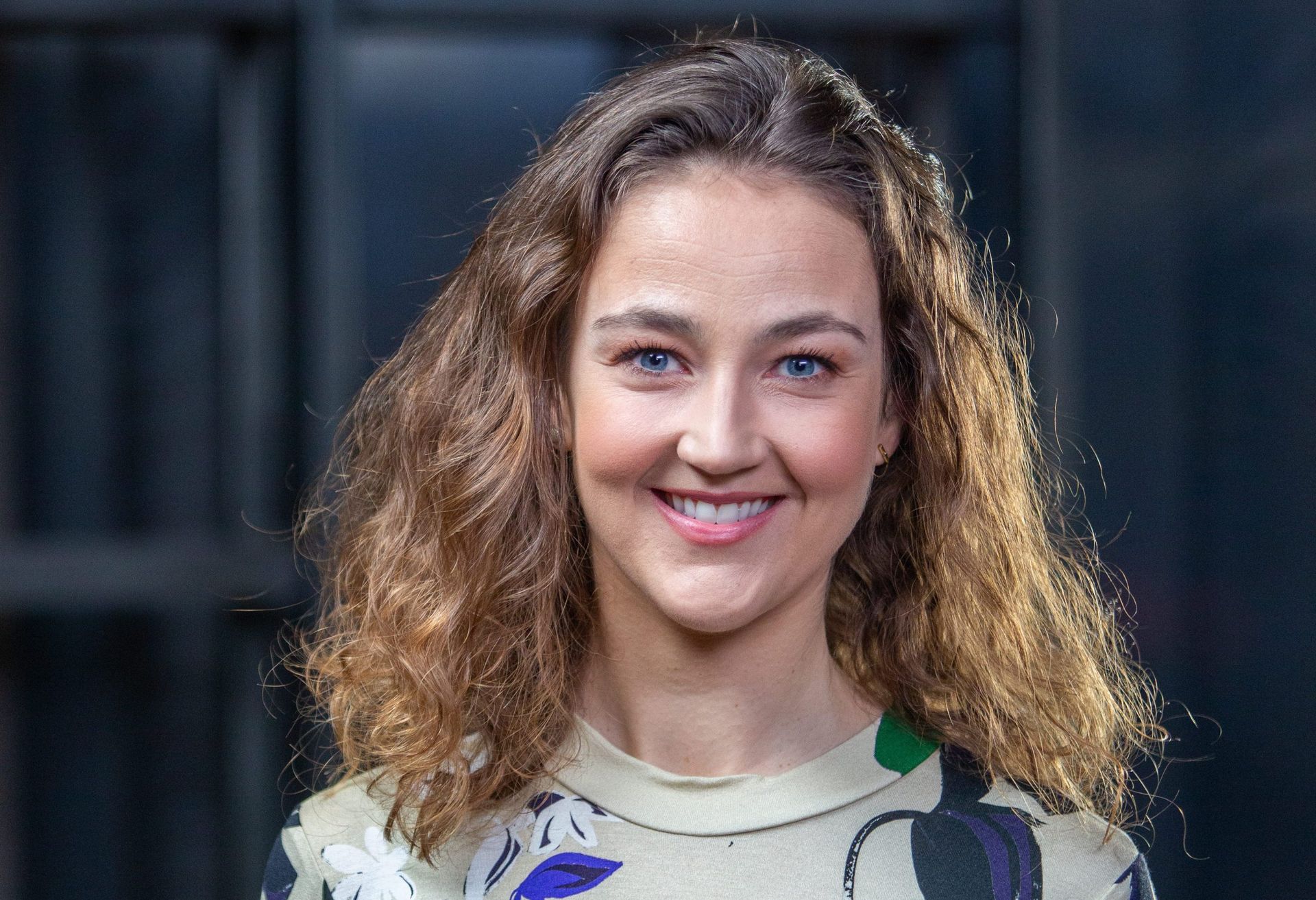
Rakel Eva Sævarsdóttir Project Manager Deloitte
At the conference, we presented the results of the survey Icelandic Managers on the Green Journey, which Deloitte conducted last November, which surveyed managers from the country's 300 largest companies. The aim of the survey was to assess the position of Icelandic companies in relation to climate action and to increase understanding of management responses to combat climate change.
Rakel Sævarsdóttir kynnti niðurstöðurnar og telur hún að þær gefi góða vísbendingu um stöðuna í dag. Í erindi hennar tók hún fyrir helstu niðurstöður þar sem meðal annars kemur fram að tveir þriðju stjórnenda svöruðu að þeir hefðu sett sér markmið um að draga úr losun gróðurhúsalofttegunda og nefnir hún það einmitt sem mjög jákvæðan punkt í lok erindisins. Aftur á móti lýsir hún því að aðeins helmingur stjórnenda hafa sett mælanleg markmið í loftslagsmálum sem, að mati Rakelar, ætti að vera hærra en mælanleg markmið er mikilvægt tæki í fyrirtækjarekstri við mat á árangri. Áhugavert var að af þeim stjórnendum sem hafa sett mælanleg markmið var ekkert þeirra með fjárhagslega umbun framkvæmdastjórnar tengda árangri í verkefnum tengdum loftslagsmálum.
Deloitte ætlar sér að taka púlsinn á aðgerðum fyrirtækja aftur að ári og nefnir Rakel í lokun þrjú atriði sem þau vonast til að sjá breytt á þeim tíma liðnum:
Firstly, that more companies set measurable climate goals. Secondly, that investors show increased initiative and demand that managers take action on measurable goals, but it turned out that when managers were asked which factors had the most impact on a company responding to climate change, investors had the least impact, but the company's reputation had the most. Thirdly, Rakel mentions that they hope to see a trend towards sustainability becoming part of the business model of more companies, as the business model reflects how companies create and maintain value through their supply of products and services. Only a third of managers responded that sustainability was part of their companies' business model.
"I would like to mention one very positive point here at the end: the results showed that almost 100% of managers believe they understand how their companies are impacting climate change."
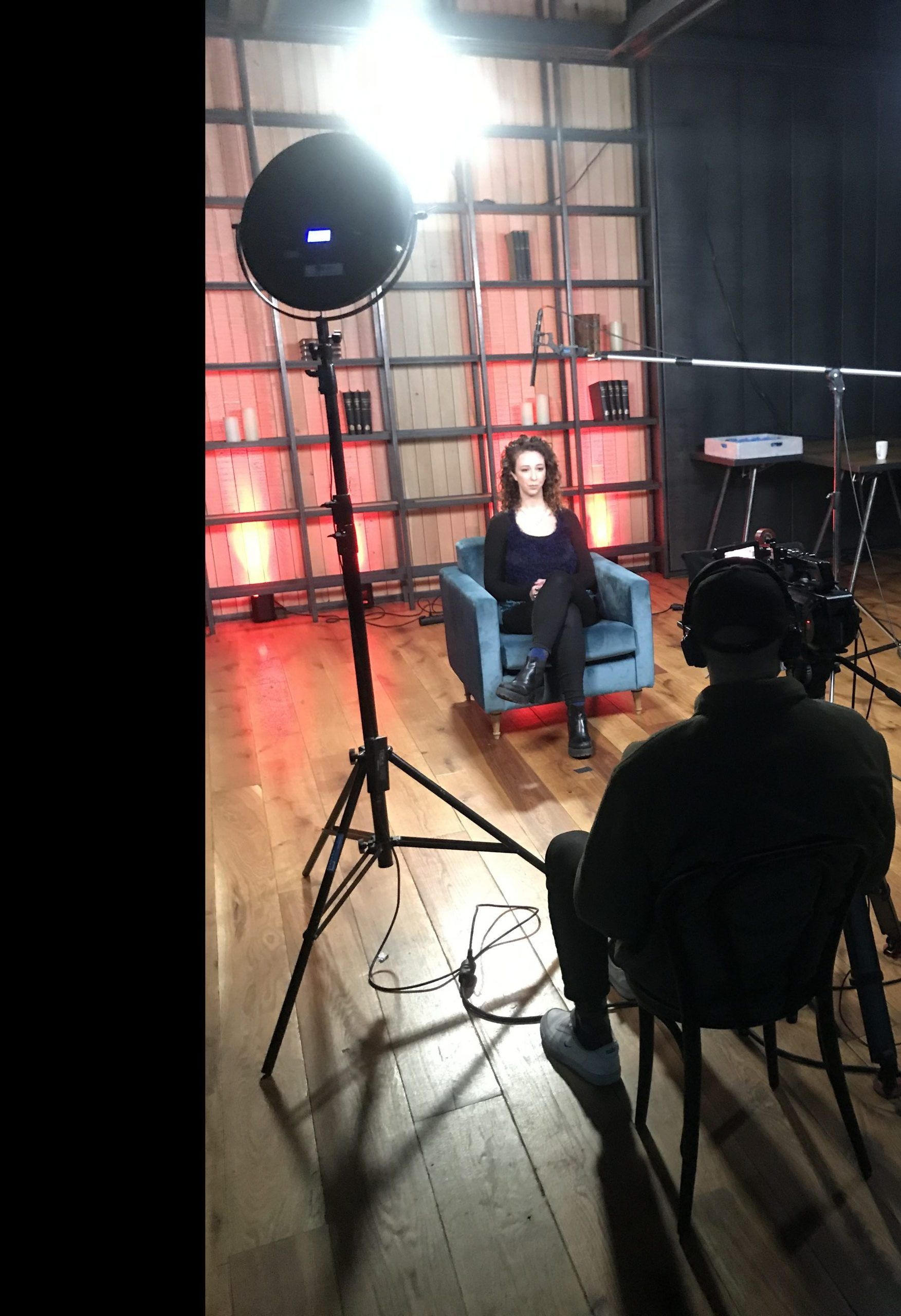
Elísabet H. Brynjarsdóttir, project manager at Frú Ragnheiði, then closed out a great morning for us with a thought-provoking talk about charity and sustainable welfare. Let's give Elísabet the floor:
"We all have our own essence that no one else can define for us."
Our cores are so often entangled by what happens in life or the circumstances that life unfortunately offers – poverty, discrimination, class division, inequality of wealth or being exposed to prejudice. Shocks or headwinds. Depends on how each individual looks at it and defines it for themselves. But one of the things I have learned, from all my lessons in recent years, is that I cannot determine the core of each person for the person. I cannot be in your shoes. We are all human beings but also individuals who must be given the space to find my independence, on my own terms.
But that's where things get complicated. An individual's position in society complicates things. The country you were born into complicates things. It's never black and white, just as each person's reality is not black and white. But sometimes, although we all have our core and we have a primary duty to nurture it in order to continue in life and against all that it offers us, we have to remember that our core belongs to a larger society with many different ideals. A society that faces climate change, increasing inequality, increasing technology and the challenges that come with it, homelessness and the complex service needs of everyone who needs support. And the well-being of everyone.”
We look forward to welcoming you to the Festa January Conference 2022.
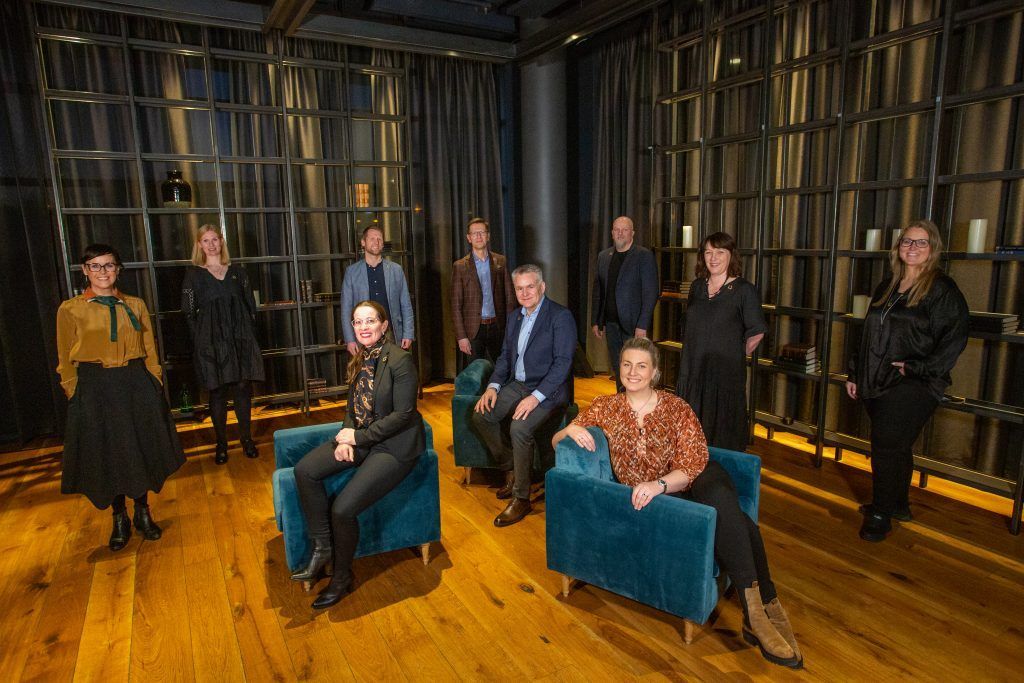
Festa's board and staff, from right: Hrund Gunnsteinsdóttir, Aðalheiður Snæbjarnardóttir, Gunnar Sveinn Magnússon, Sæmundur Sæmundsson, Gestur Pétusson, Ingibjörg Ólafsdóttir, Harpa Júlíusdóttir - in front, Hrefna Briem, Tómas N. Möller and Erla Tryggvadóttir
"Strategy for a sustainable society is a long-term journey, requiring a good long-term vision, courage and patience"
- Photos of the panel discussions and Festa board: Valgarður Gíslason
- Ráðstefnan var tekin upp á Vox Club
- The production company Sahara handled all filming and broadcasting.
- The translator of foreign messages was Nanna Gunnarsdóttir.
Theodóra Listalín Þrastardóttir aðstoðaði Festu við miðlun og graffík tengdri ráðstefnunni.
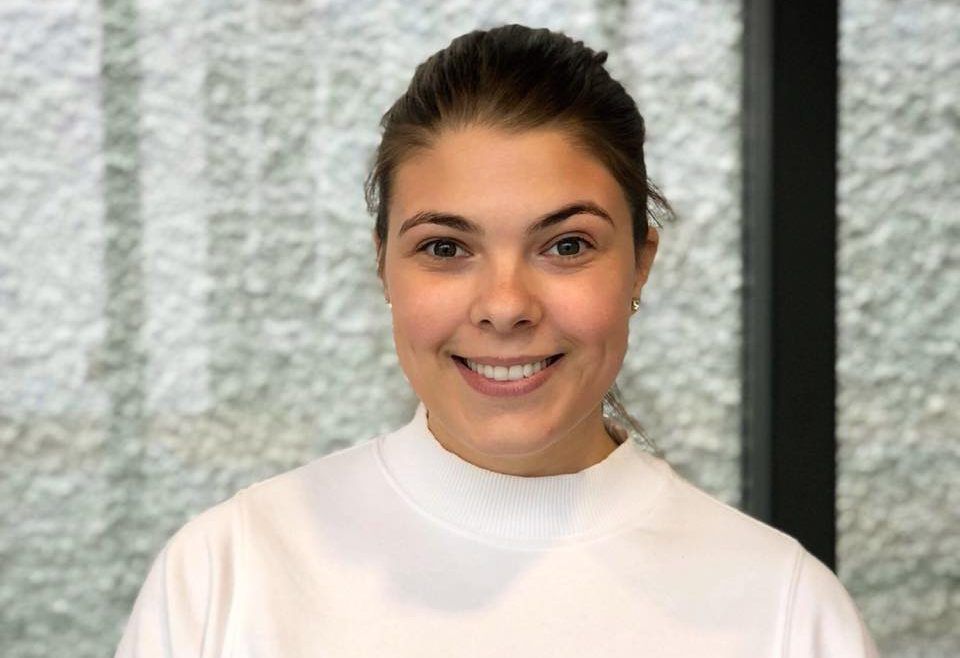
Theodora Listalín Thrastardottir




